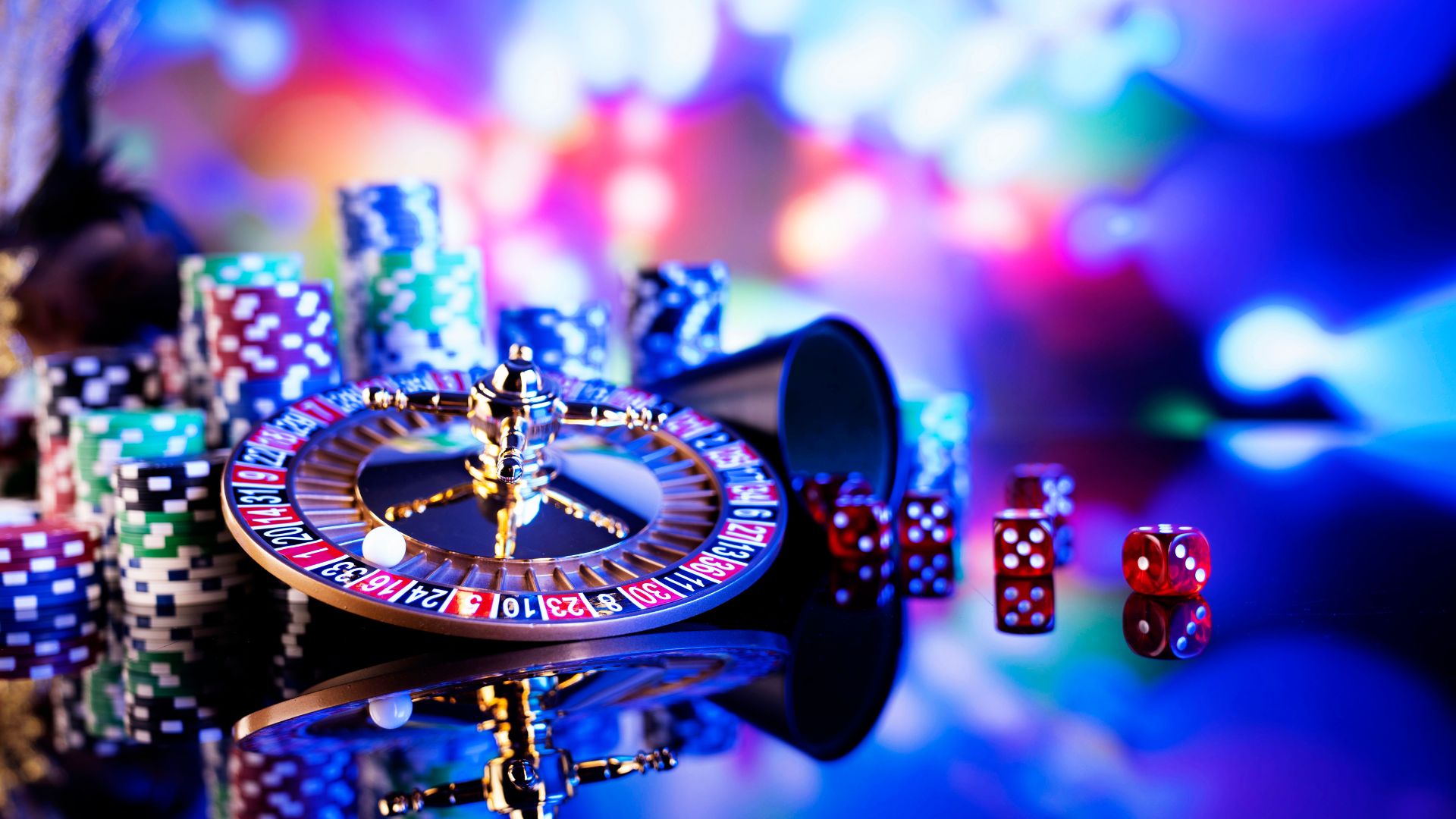
Casino games have fascinated enthusiasts for ages, pulling them into a realm of excitement, luck, and fortune. From the sparkling lights of slot machines to the tactical nature of poker tables, these activities offer a special blend of amusement and exposure. However, underneath the facade of this glitz and glamour lies a sophisticated relationship of calculations that influences every result and choice made within the casino.
Comprehending this link between gaming activities and mathematics not just boosts the playing experience but may also help players make informed choices. Whether you are a recreational gambler or a avid enthusiast, recognizing the math concepts at play can provide important insights into chances, odds, and tactics, ultimately shaping how one deals with these chance games.
Mathematical Probability in Gambling
In the realm of gambling games, mathematical likelihood plays a vital role in assessing outcomes and guiding player choices. Each activity has a specific set of regulations and a particular likelihood framework that affects its mechanics. For instance, in activities like the roulette wheel, players must comprehend the probabilities of hitting a certain number or color. The likelihood of specific events occurring can be assessed, and this understanding can greatly affect betting tactics.
Gambers also need to be cognizant of the house edge, which is the mathematical benefit that gambling establishments hold over players in the long term. This edge differs across different activities. In 21, expert players can use tactics to reduce the casino advantage to as little as 1 %, while in activities like slot machines, the casino advantage can be significantly greater. Comprehending the house edge allows gamblers to make informed decisions about which games to play and how much to wager.
Additionally, probability is fundamental in the principle of danger versus gain in gambling. Each wager carries a particular danger level, and players must assess the potential return against that danger. Activities like poker require gamblers to not only compute the chances of their own showing winning but also to assess the probabilities of their opponents’ hands. By utilizing mathematical principles to their strategy, players can enhance their chances of success and participate more strategically in the thrilling world of gambling games.
Anticipated Worth in Casino Games
When talking about casino games, one of the basic ideas rooted in mathematics is the expected value. This statistical metric assists players understand the potential results of their wagers over time. In basic terms, anticipated worth (EV) determines the average amount a gambler can expect to gain or suffer per bet if they were to play the game repeatedly. Each activity has its unique EV, influenced by the probabilities and the casino advantage, which indicates the benefit that the gambling establishment holds.
For example, think of a game like roulette. The expected value can be calculated based on the particular wager placed. If a player bets on a single number, the return is 35 to 1, but the true odds of success that wager are 1 in 37 (in Euro roulette). This leads in a detrimental anticipated worth, indicating that, on average, players will incur a loss money over a period when playing this type of bet. Game Bài iwin Understanding this concept allows gamblers to make more educated decisions about which activities and bets may be more favorable.
Furthermore, the investigation of expected value can lead to improved bankroll management. Gamblers who understand the math behind their activities are often able to set realistic goals. By acknowledging their possible deficits and gains, they can adjust their gambling strategies accordingly, which may enhance their overall gaming experience overall. As a result, anticipated value serves as a critical tool for both novice and experienced players to navigate the frequently unpredictable nature of gambling games.
Strategies and Probabilities: The Mathematics Behind Success
In gaming establishments, understanding the probabilities is essential for participants attempting to maximize their chances of winning. Each contest has its own distinct set of chances that determine winning results, and these numbers are often found in the gaming rules or reward charts. For instance, in games like blackjack, participants can boost their probabilities through tactics such as card counting, which relies on arithmetic concepts to gain an edge over the establishment. By educating themselves with the probabilities, gamblers can make more informed choices on when to wager and when to quit.
Furthermore, the principle of average value holds a major role in casino strategies. Average outcome calculates the typical outcome of a stake over a period, allowing participants to assess whether a certain wager is valuable taking. For instance, slot machines have a fixed payout percentage, which can show the typical profit a player can anticipate on their bets. By choosing games with greater payout percentages, gamblers can minimize the house edge, enhancing their potential returns in the future.
Finally, successful gamblers often utilize a combination of luck and math strategy to improve their gaming experience. While chance can’t be controlled, managing a wagering approach based on math insights can lead to more positive results. By employing techniques such as money management and game selection, participants can utilize math to maneuver through the unpredictable nature of gambling activities, making the most of their efforts and money at the gaming tables.